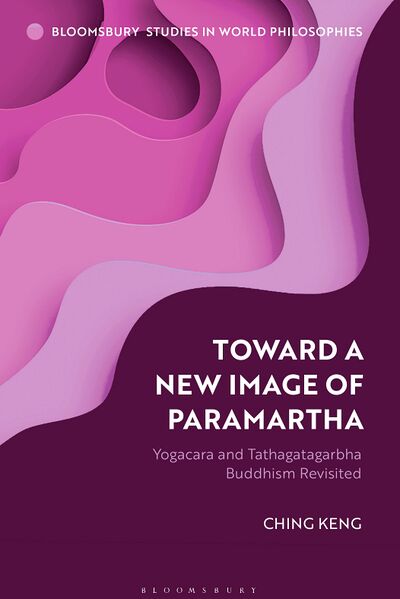Toward a New Image of Paramārtha (Keng 2023)
Yogacāra and Tathāgatagarbha are often regarded as antagonistic Indian Buddhist traditions. Paramārtha (499–569) is traditionally credited with amalgamating these philosophies by translating one of the most influential Tathāgatagarbha texts in East Asia, the Awakening of Faith in Mahayana, and introducing Tathāgatagarbha notions into his translations of Yogacāra texts.
Engaging with the digitalized Chinese Buddhist canon, Ching Keng draws on clues from a long-lost Dunhuang fragment [T2805] and considers its striking similarities with Paramārtha's corpus with respect to terminology, style of phrasing, and doctrines. In this cutting-edge interpretation of the concept of jiexing, Keng demystifies the image of Paramārtha and makes the case that the fragment holds the key to recover his original teachings. (Source: H-Net)
Link to T2805 on CBETA: https://cbetaonline.dila.edu.tw/zh/T2805
| Citation | Keng, Ching. Toward a New Image of Paramārtha: Yogacāra and Tathāgatagarbha Buddhism Revisited. Bloomsbury Studies in World Philosophies. London: Bloomsbury, 2023. |
|---|---|
The wikipage input value is empty (e.g. <code>, [[]]</code>) and therefore it cannot be used as a name or as part of a query condition.

